The Psychology of Recognition: How Acknowledgment Boosts Motivation and Productivity
The Psychology of Recognition: How Acknowledgment Boosts Motivation and Productivity
Keywords: Psychology of recognition, employee motivation, impact of recognition, productivity enhancement, benefits of acknowledgment
Introduction
In the workplace, recognition isn’t just a feel-good gesture—it’s a powerful tool rooted in psychological principles that can significantly boost motivation and productivity. Understanding the psychology behind recognition helps organizations foster a positive work environment where employees feel valued and driven to perform their best. This article explores the psychological impact of acknowledgment and how it influences employee behavior and organizational success.
The Psychological Foundations of Recognition
Maslow’s Hierarchy of Needs
- Esteem Needs: According to Maslow, once basic and social needs are met, individuals seek esteem, which includes recognition and respect from others.
- Self-Actualization: Recognition helps individuals reach their full potential by validating their efforts and encouraging personal growth.
Herzberg’s Two-Factor Theory
- Motivators vs. Hygiene Factors: Recognition is a motivator that can lead to job satisfaction and increased performance, unlike hygiene factors that prevent dissatisfaction but don’t motivate.
- Intrinsic Motivation: Acknowledgment enhances intrinsic motivation, driving employees to find fulfillment in their work itself.
The Impact of Recognition on Motivation
Positive Reinforcement
- Behavioral Conditioning: Recognition acts as positive reinforcement, encouraging the repetition of desired behaviors.
- Reward Systems: Implementing structured recognition programs can systematically enhance motivation across the organization.
Self-Efficacy and Confidence
- Belief in Abilities: Recognition boosts self-efficacy, the belief in one’s capabilities to achieve goals.
- Overcoming Challenges: Confident employees are more likely to take on difficult tasks and persist in the face of obstacles.
Recognition and Productivity
Enhanced Engagement
- Emotional Commitment: Recognized employees exhibit higher engagement levels, showing greater dedication and effort.
- Reduced Turnover: Engagement leads to lower turnover rates, saving organizations time and resources in recruitment.
Improved Performance
- Quality of Work: Acknowledgment leads to increased attention to detail and higher-quality outputs.
- Innovation and Creativity: Recognized employees are more willing to contribute ideas and think creatively.
Best Practices for Effective Recognition
Timely and Specific Acknowledgment
- Immediate Feedback: Recognizing efforts promptly reinforces the behavior effectively.
- Detail-Oriented Praise: Specific feedback helps employees understand exactly what behaviors to continue.
Aligning Recognition with Values
- Cultural Fit: Recognition should reflect organizational values to reinforce desired cultural attributes.
- Personalization: Tailoring acknowledgment to individual preferences enhances its impact.
Inclusive Recognition Programs
- Equitable Opportunities: Ensure all employees have equal opportunities to be recognized.
- Diverse Recognition Methods: Utilize various forms of acknowledgment (verbal praise, written notes, awards) to appeal to different personalities.
Potential Pitfalls and How to Avoid Them
Over-Recognition
- Diluted Impact: Excessive praise can lessen the significance of recognition.
- Balance: Recognize genuinely deserving efforts to maintain authenticity.
Bias and Fairness
- Perceived Favoritism: Uneven recognition can lead to resentment and demotivation.
- Objective Criteria: Implement clear, measurable standards for recognition.
Conclusion
Understanding the psychology of recognition is crucial for leveraging its benefits in the workplace. By acknowledging employees effectively, organizations can boost motivation, enhance productivity, and foster a positive organizational culture. Recognition isn’t just about rewarding work—it’s about nurturing the human desire to feel valued and appreciated.
References
- Herzberg, F. “One More Time: How Do You Motivate Employees?” Harvard Business Review.
- Maslow, A. H. “A Theory of Human Motivation,” Psychological Review.
Olive Branch Awards offers a range of customizable awards designed to make recognition meaningful and impactful, aligning with psychological principles to motivate your team effectively.

